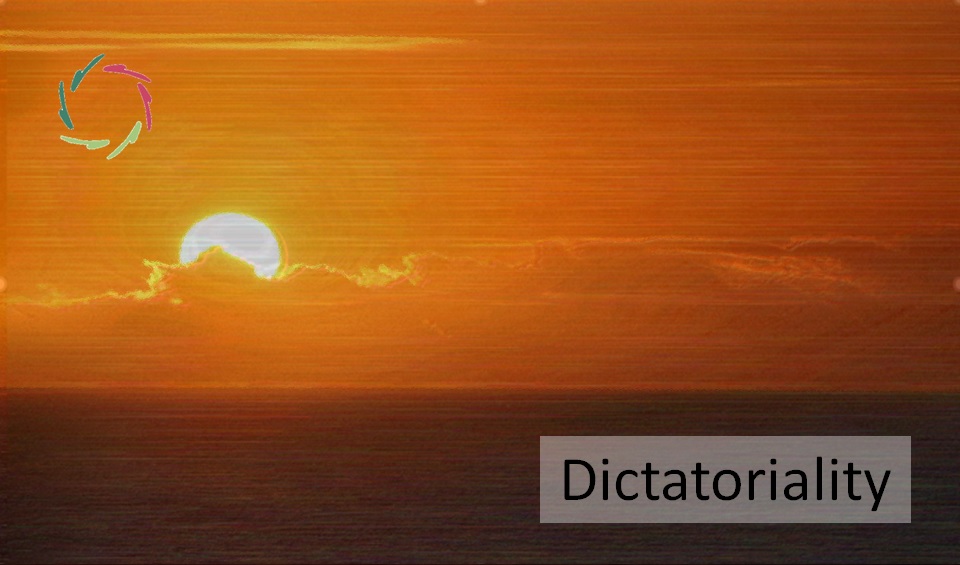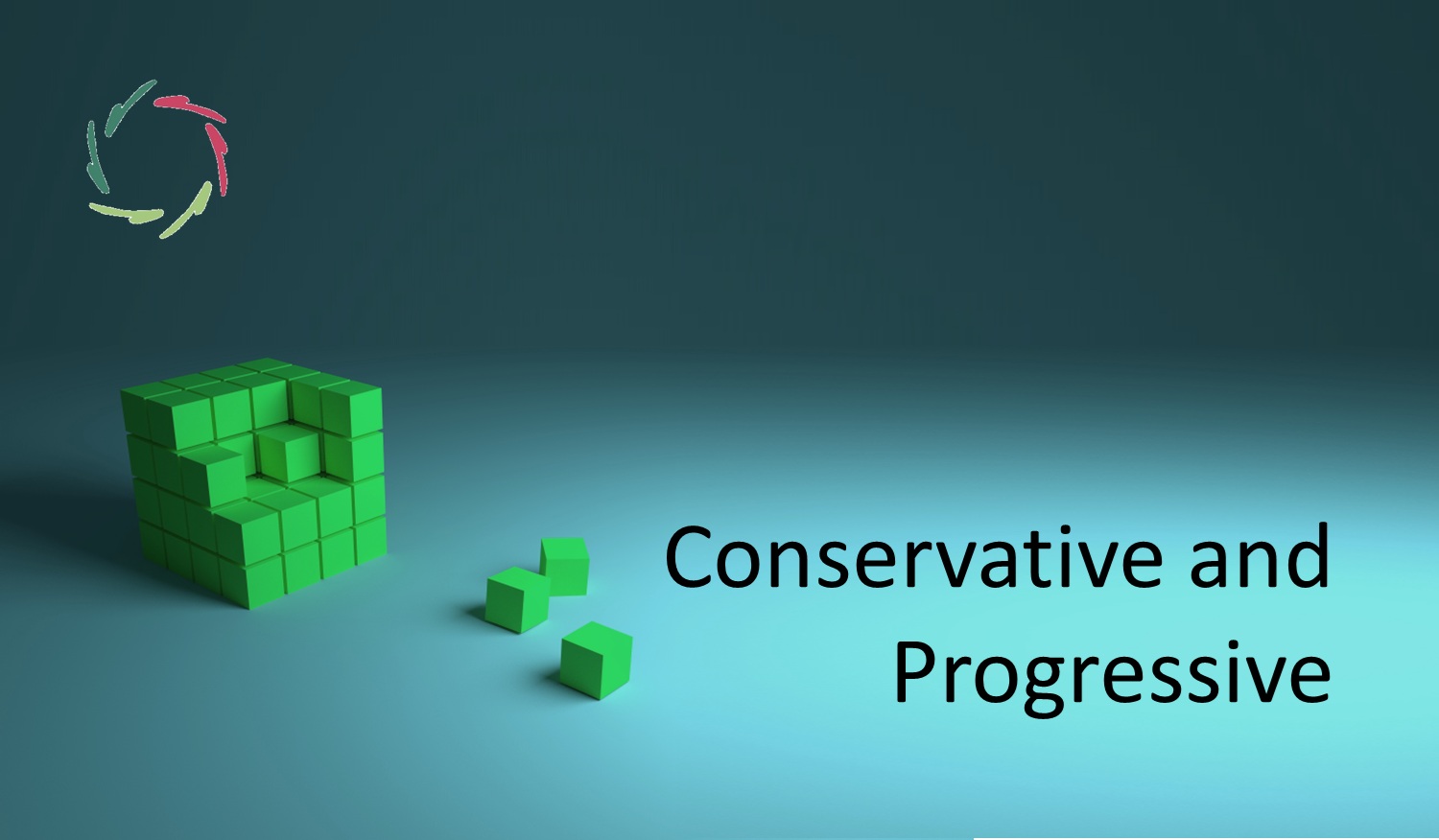Dictatoriality

= personally imposing things that others have to follow without overt questioning and without prior general consent.
At the national level,
this can also be accomplished in a democracy. In the past, dictatorial regimes have grown out of democracies more than once. To the dictator, it’s just one more step.
And more
Dictatoriality can be present in many other situations: an organization, a family, a group of children at school.
Looking at all these, one can better understand commonalities and underlying principles. For one thing, dictatoriality may seem immensely impressive. But looking at a kindergarten, one can see that it’s also immensely childish. This may be the main characteristic.
A toddler’s brain doesn’t nuance.
Give it an adult overlay, and the baby dictator becomes an adult dictator.
The problem – and danger – is that the appearance of the adult is, well, adult. I’m talking mainly about the adult overlay in mind versus what lies beneath.
This way, the adult dictator can readily fool people, including his close kin, even including himself.
One can also see in this that dictatoriality is not necessarily something that suddenly befalls someone. The full-blown dictator may have been striving for it a very long time. Everything he does before accomplishing this goal may have been done to get nearer to the target, one way or another.
So, if he gets near, he can spend an immense amount of energy, very focused, and relentlessly. For him, this is the culmination of his life. He can be a bulldozer to anyone who might stand in the way.
He doesn’t nuance.
That’s also where he can be most sourly misinterpreted
at the detriment of many, even millions. With the morality of a toddler and not bothered by any subtlety, he acts in sociopathic ways.
And feared by those around him, especially those close enough to be just outside his bubble. The dictator himself also lives in fear and anxiety. For sure, many don’t like him. Many deeply loathe him. But anxiety is – always – also symbolic. In this case, it’s about what the environment symbolically means to a nuance-less brain. Even if it’s about a whole country, it’s still like a kindergarten phobia.
About the followers
Again, look at the kindergarten and a bit later. The gnome-sized dictator learns how to bully. He learns how to provoke fear and make others do things they wouldn’t otherwise do, like cooperating with the bullying.
The dictator acts like armor against what is feared by the followers. He knows it and takes advantage, manipulates, lies, and stokes. What and how doesn’t matter to him. He is focused on the result: his dictatoriality. This way, he makes himself indispensable in any circumstance. There may be many different kinds of circumstances, but the principle is always the same. Generally, the followers have no idea what they are dealing with until something gets really broken. This can become extremely dangerous, of course, when the dictator gets truly powerful.
The followers follow. Those who don’t, get the wrath of the others.
Plain greed, self-aggrandizement, all kinds of pseudo-rationalizations (including sincerely felt ‘deeper goals’), a desperate trial to contain the dictator by keeping near… are possible elements that, foremost, just fit in the scheme. In a way, they can be seen as causal. In another way, they are serendipitous instruments that the dictator uses, as are also the people who are bent on making use of him.
Getting out of this may take heroic efforts.
So, I have only this to ask: what is keeping you?
Be this hero. Be a man or woman of substance. Use your inner strength.


